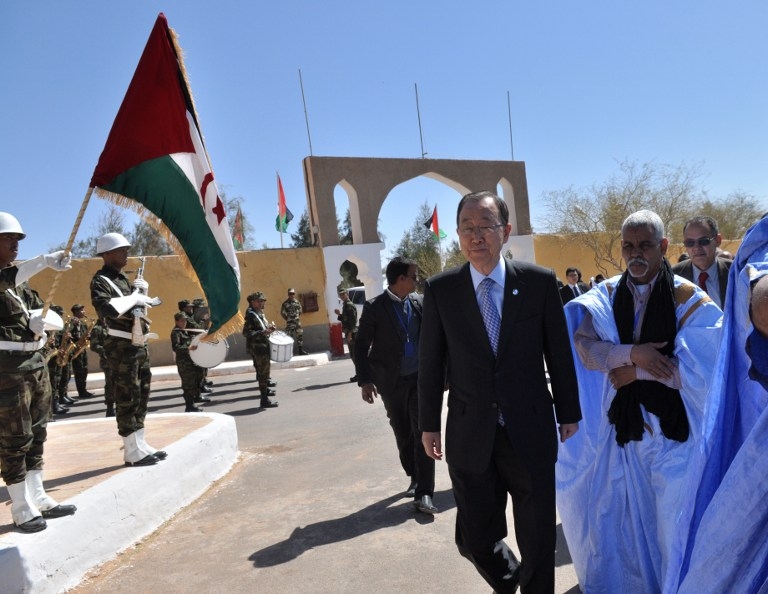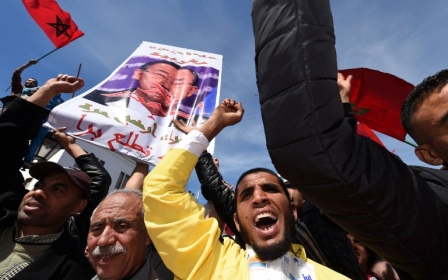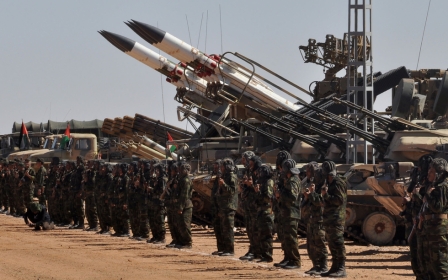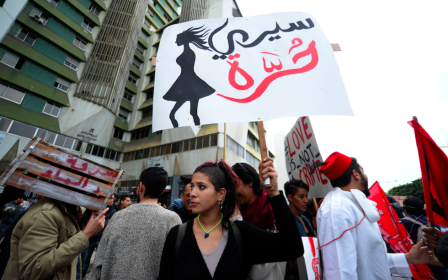Morocco accused of violating UN charter in Western Sahara dispute

A United Nations official has accused Morocco of violating the UN charter and challenging the UN Security Council over the closure of a military liaison office in the disputed Western Sahara region.
The UN said it had closed the office in Dakhla on Tuesday at Morocco's request and withdrawn three military observers posted there.
But the official, speaking to reporters on Wednesday on condition of anonymity, urged the Security Council to keep the office open to avoid setting a dangerous precedent and called Morocco's actions an "extreme overreaction".
"We see Morocco's unilateral actions as an unprecedented violation of the UN charter... and a direct challenge to the Security Council," he said.
But Morocco, which annexed Western Sahara in 1975, has resisted an election and instead proposes self-government under Moroccan sovereignty.
Ban "very much wants the Security Council to act, and not only to preserve MINUSRO's operations but to prevent similar actions in other peacekeeping operations around the world," the official told reporters on condition of anonymity.
He did not specify which other operation he was referring to, but the United Nations has had difficulties with its staff in places including Sudan, South Sudan and the Democratic Republic of Congo.
The United Nations has been trying to broker a Western Sahara settlement since a 1991 ceasefire ended a war that broke out when Morocco deployed its military in the former Spanish territory in 1975.
Morocco, which considers the territory to be part of its kingdom and insists that its sovereignty cannot be challenged, has also decided to cut $3 million in funding for the UN mission.
As per Ban's use of the term "occupation" to describe the territory's status, "it certainly was not deliberate," the official said.
"Nothing the secretary general said or did during his visit was meant to take sides, to express hostility to Morocco or signal any change in the UN approach to the Western Sahara conflict."
Middle East Eye propose une couverture et une analyse indépendantes et incomparables du Moyen-Orient, de l’Afrique du Nord et d’autres régions du monde. Pour en savoir plus sur la reprise de ce contenu et les frais qui s’appliquent, veuillez remplir ce formulaire [en anglais]. Pour en savoir plus sur MEE, cliquez ici [en anglais].




